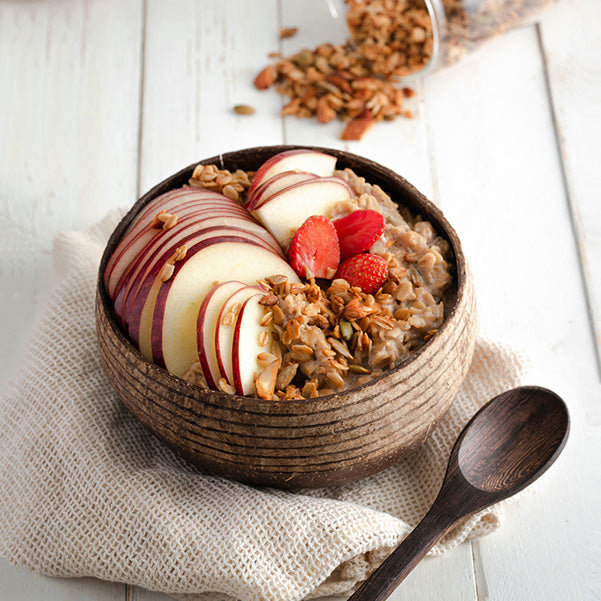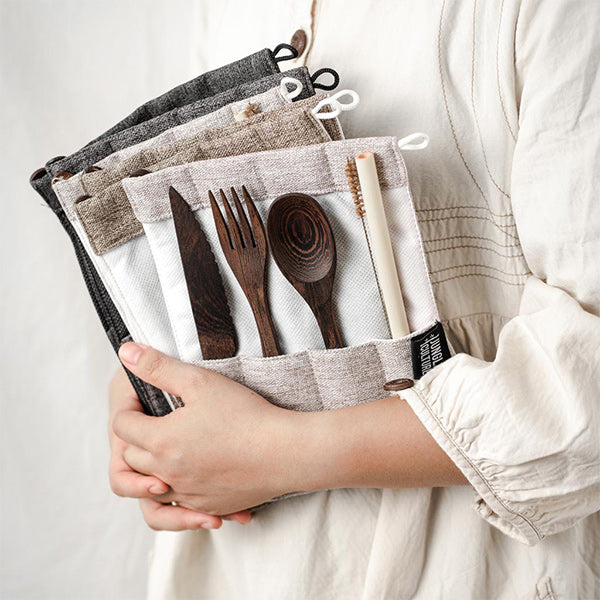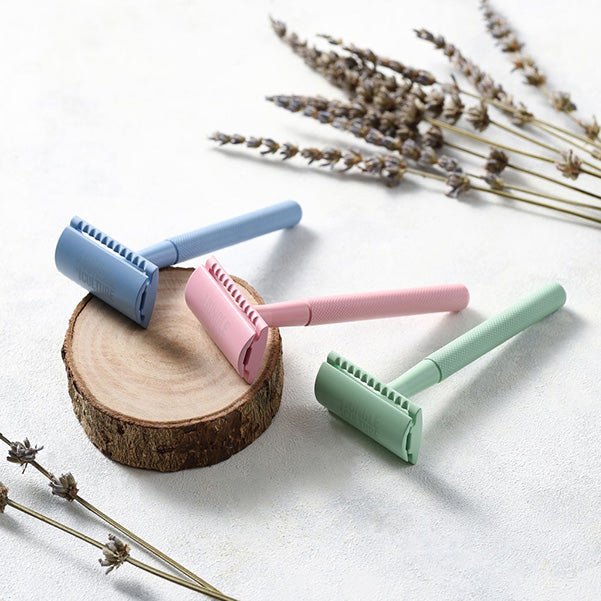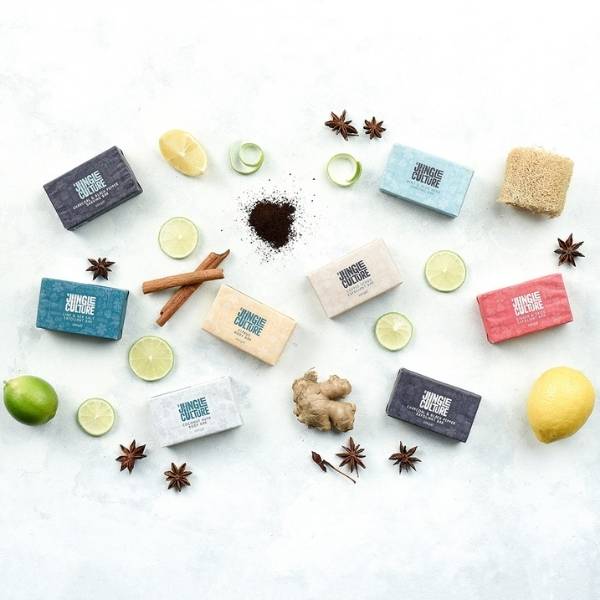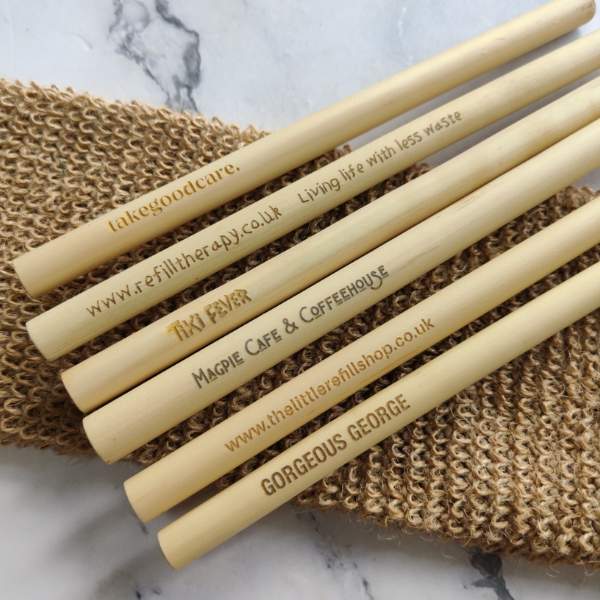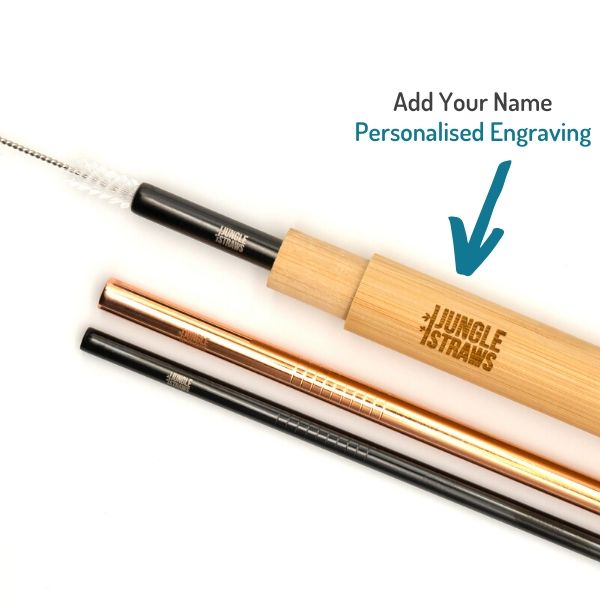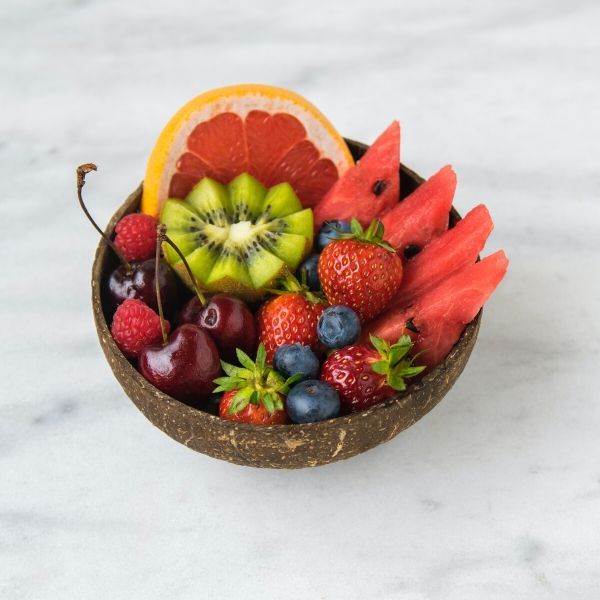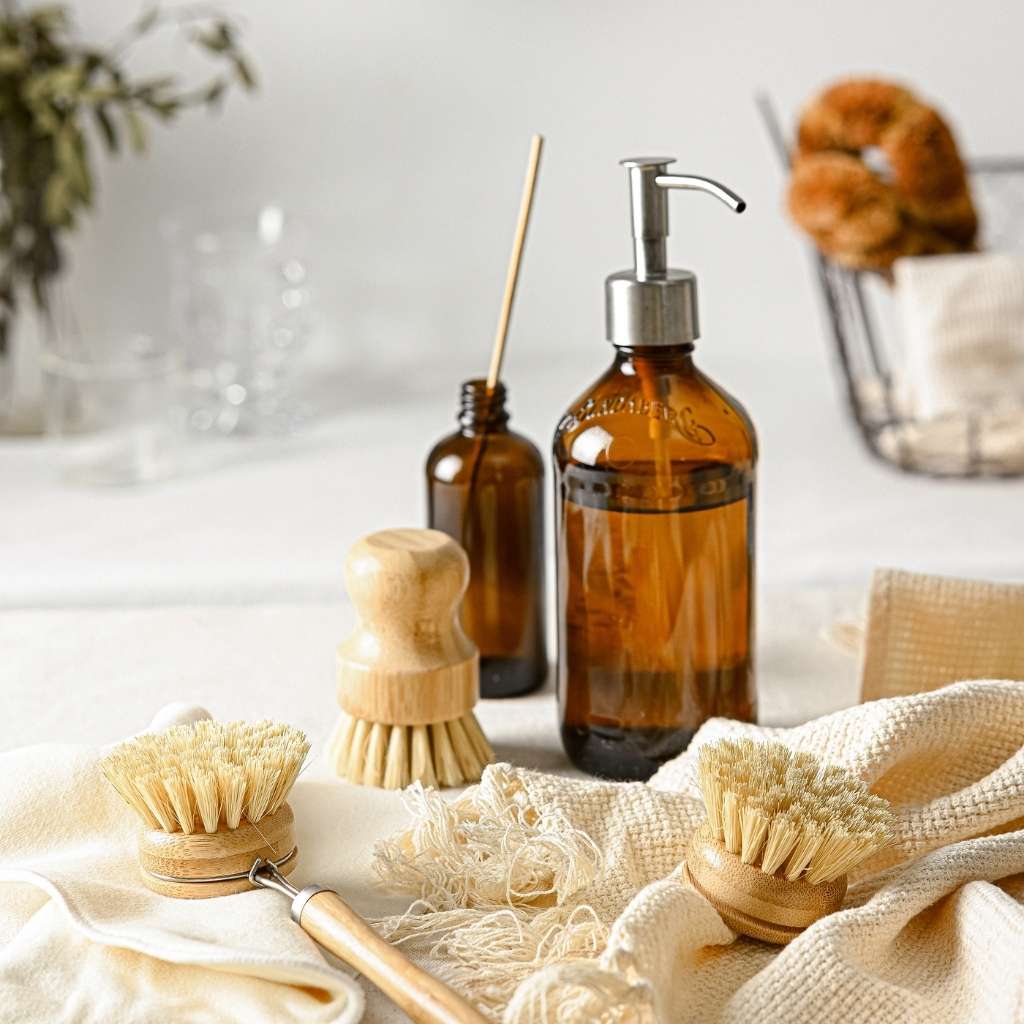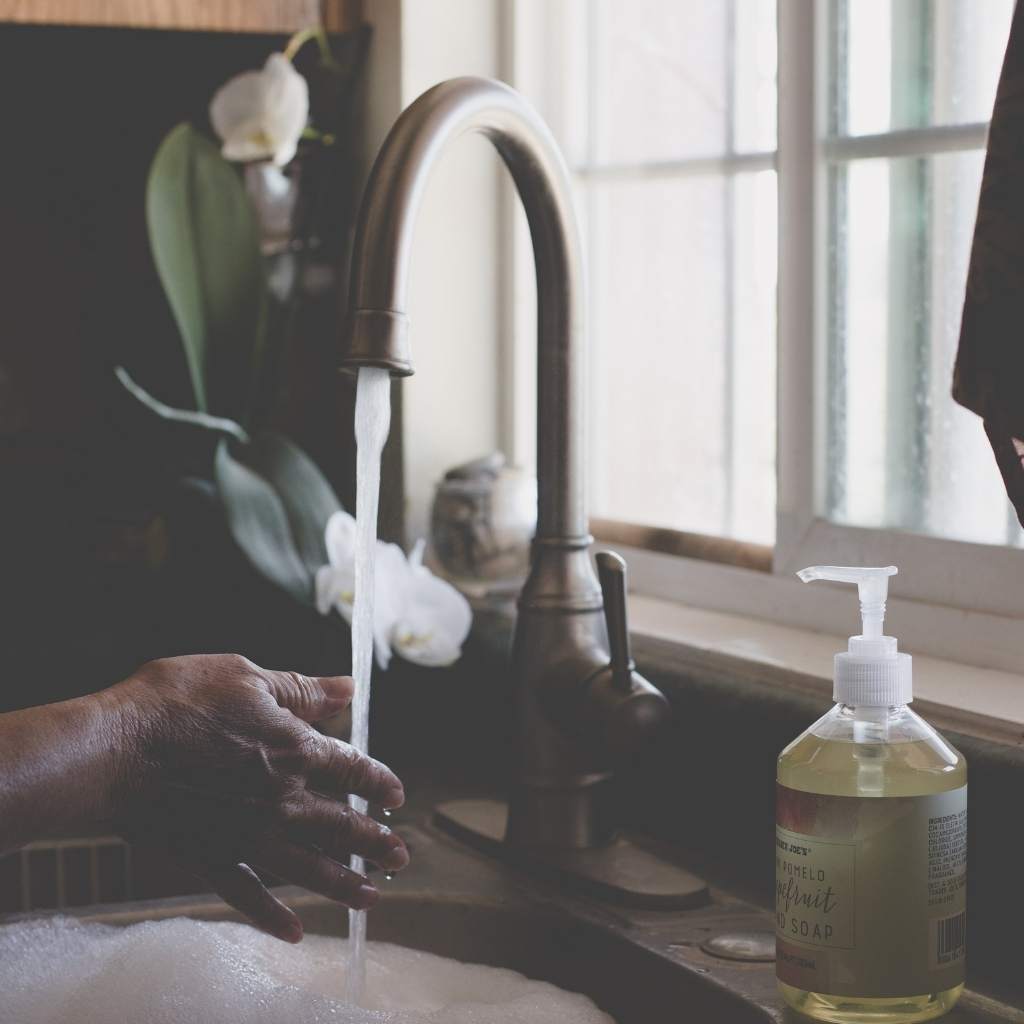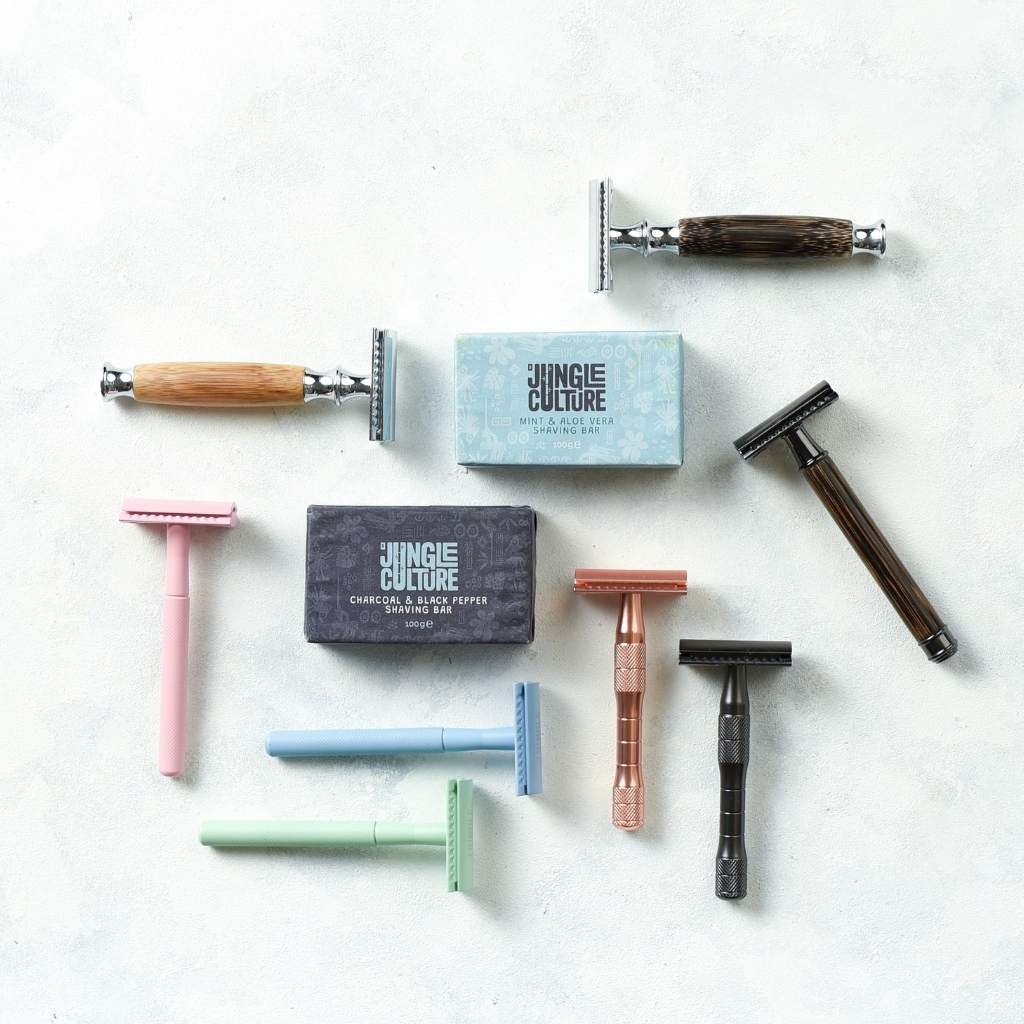How To Care For Coconut Bowls (A Coconut Bowls Care Guide)
Once you’ve invested in a beautiful set ofcoconut bowls the next step is to learn how to clean a coconut bowl set! Maintaining coconut bowls is easy, but they’ll still need a little bit more love than a machine-made plastic bowl to keep them shiny and beautiful for the same amount of time!
Before we get into the nitty-gritty of learning how to maintain a coconut bowl, let’s quickly look at what a coconut bowl is!
Coconuts are primarily harvested for their milks, oils and meats, whilst the shells have traditionally been burned or disposed of once the harvest is over. This wastefulness has not only resulted in the creation of Co2 emissions when coconut husks are burned, but it’s also meant that a valuable resource (coconut shells) have been destroyed, when there are many other uses for them, such as bowls, candles, tealights or cups!
That’s where we come in! Jungle Culture buys coconut shells from farmers in rural Vietnam and transforms them into works of art such as wooden cups or coconut tea light holders at our local crafts workshop! Our partner farmers earn a well needed (and deserved) secondary income, and we save coconut shells from almost certain doom!
Jungle Culture sources coconut shell bowls in Ben Tre, Southern Vietnam. An area affectionately nicknamed “The Kingdom of Coconuts”. Coconut farming has been big business in Ben Tre for generations as the natural landscape of Ben Tre is ideally suited to farming them. Nestled in the throngs of theMekong Delta, Ben Tre has a system of natural irrigation networks that allows coconut trees to grow, thrive and produce the best coconuts on the planet!
When coconuts have lots of water and ample sunlight, their shells grow thick and round, perfect for turning them into natural tableware!
Aside from being sturdy, durable and round, coconut shells have a beautiful shiny round appearance that makes them the perfect canvas for displaying artwork. Our talented team of artisan craftspeople have created a range of stunning designs that can be found in our store.
Want to learn more about coconut production in Vietnam? Visit our article onhow coconut bowls are made for more info!

Do coconut bowls need a lot of care?
Absolutely not! Think wooden furniture. Polishing your coconut bowls every now and then will be enough to keep them looking good as new.
That being said, machine made plastic and metal bowls are certainly more durable, but they also create a lot more pollution and let’s be honest, they don’t have half as much character!
Wooden bowls can also be made from bamboo, acacia or other types of wood, but typically these bowls are coated in nasty chemicals making them non-recyclable and creating tons of emissions during the manufacturing process. Coconut bowls are 100% natural, organic and planet-friendly!
The do’s and don’ts of coconut bowls
Here is a breakdown of the basic do’s and don’ts of coconut bowls! Follow this list and your bowls will serve you well for a long time to come. It’s pretty simple stuff and will almost certainly prolong the lifespan of your bowls!
The do’s of coconut bowls
- Use your coconut bowls to motivate yourself to eat healthy
Everyday health says that one of the top 10 ways to motivate yourself to eat healthy is to reward your success. Why not treat yourself to some beautiful natural smoothie bowls as a reward for eating more healthily?
Whether it’s smoothie bowls, salads, poke or acai, coconut bowls are perfect for all types of healthy food. The textured coconut outer shell enhances the aesthetic of your food and brings you that feel-good moment inside your home!

- Research healthy recipes to use with your bowls
Whether you findcoconut bowl recipes on our site, via theBBC or you download asmoothie bowl recipe list, researching healthy recipes is definitely a good way to put your bowls to good use.
Here at Jungle Culture, our favourite way to use coconut bowls is to make smoothie bowls. Try throwing some kale, avocado, almond milk, bananas and ice into agood blender and topping with some red berries, cashew butter, banana and chia seeds.
That’s all 5 a day before you’ve even left your pyjamas!
- Share bowls with friends and family
Coconut bowls are meant to be gifted. That’s why we wrap ours with custom printed Jungle Culture recycled paper and pack them into a beautiful kraft paper gift box. Coconut bowls are the perfect sustainable gift for a birthday or for Christmas, but if you’re looking for something a little bit different, we found thisawesome list of unique gifting products!
- Create a festive mood and dine al fresco!
Coconut shell bowls are perfect for tapas, snacks and nibbles outside on a warm night! Invite some friends over and serve a few snacks in some coconut bowls as a little talking point! Complete the experience by adding a fewcoconut shell candles for a beach-themed ambience!
- Share your coconut creations with us on Instagram!
We absolutely love seeing what our community of coconut crazed cooks rustle up! Share a few snaps of your latest smoothie bowl, salad or acai bowl and our team will share your creation with all of our tribe! Follow us oninstagram for weekly recipes and cooking inspiration!

The don’ts of coconut bowls
- Do not put your coconut bowls in the microwave
All wood products are affected by heat. When wood is exposed to extreme heat, it expands and eventually cracks. The process is known asthermal expansion and it accounts for the majority of coconut bowl breakages.
Microwaves are designed to raise the temperature of whatever is inside quickly and efficiently. Putting your coconut bowls in the microwave will almost certainly lead to them breaking or cracking and should be avoided at all costs.
- Can I put coconut bowls in the oven?
Ditto. Heat is the enemy of wooden products. Whether you have a gas or electric oven. Do not put your coconut bowls or any of our wooden products inside. It definitely won’t turn out very well for your bowls!
- Can I put coconut bowls in the dishwasher?
For the same reason, do not put your coconut bowls in the dishwasher. Dishwashers wash your tableware by covering them in scalding hot water. Some wooden tableware can be destroyed when put in the dishwasher.
One notable exception arebamboo straws which can survive a few rounds in the dishwasher without being rendered useless!
- Can I put my coconut bowls in the fridge or freezer?
Coconut bowls are much less affected by cold than they are by heat and putting your bowls in the fridge for a while won’t cause any harm.
In general, all wood is less affected by cold than heat, which is why you can leave a set of wooden garden chairs outside during the winter and they’ll likely be good as new by the next summer (if covered with a waterproof tarp).
Wood, and coconut bowls do howevercontain moisture, and too much cold can cause the moisture content of wood to contract, ultimately cracking whatever object you have exposed to the cold!
We advise all coconut bowl fanatics to avoid putting them in the freezer as extreme exposure to cold can cause them to contract and crack!
- Can I put hot food in coconut bowls?
In case you were wondering, yes, you can eat both hot and cold food in your coconut bowls! That means you can tuck into smoothie bowls for breakfast, noodles for lunch and buddha bowls for dinner. Don’t put boiling food in though, that might crack the coconut. Let it cool first and then you can slurp away.
Foods to avoid: Porridge, soup, curry (boiling hot liquid foods)
- Do not leave your coconut bowls to soak for too long
We’ve all been there, you eat a tasty meal, the sleepy eyes kick in and we find ourselves looking at the washing up and thinking… “Let it soak until the morning”.
Scrap that thought… Scrap it right now!
Wood is a porous material that absorbs water and flavours if left for too long. Clean your coconut bowls after every use and avoid letting them soak for too long. As tempting as it may be,allowing wooden products to soak will eventually lead to them deteriorating.
How to clean coconut bowls
Follow these simple instructions in order to quickly and easily clean your coconut bowls! Cleaning coconut bowls is simple and easy:
- Rinse with warm, soapy water.
- Use a dish cloth (or our bamboo dish brush set) to gently clean your bowls
- Leave them on a dish rack until dry
Where should I store my coconut bowls?
Coconut bowls should be stored in a cool, dry environment. If you have a pantry, larder cupboard or just a kitchen counter, that should do the trick!
How to maintain coconut bowls
All types of wood slowly change colour over time as they age. Thetwo main reasons for this are exposure to air (oxygen) and exposure to UV light (The Sun). How can you avoid this?
Well, you could move to a dark cave or a subterranean lair, but it seems like quite a drastic solution, don’t you think?
The truth is that all wood changes colour over time and there isn’t much we can do about it. The best way to exemplify how wood changes colour is to find a table that has had a stationary object sat on it for years. Maybe a TV stand or dining room table.
Move the stationary object slightly and you’ll be able to see the colour that your table used to be.
The best way to slow down the process is to polish your coconut bowls… leading us to our next section!
How to polish coconut bowls
Grab an old rag, dish cloth or any piece of fabric. Drip a little bit of flaxseed oil, linseed oil or virgin coconut oil on your cloth and rub into the surface of your coconut bowls.
It’s that simple.
After a brief polish, your bowls will regain their brownish shine!
One thing to mention is to only use the oils mentioned above and a select few others. Some oils such asvegetable oils do eventually turn rancid which may make you sick.
Do coconut bowls stain?
Natural wooden products such as coconut bowls will stain slightly over time if the food they are used with contains artificial colourings.
Avoid foods with high levels of colourings and dyes and your coconut husk bowls won’t stain! This is not only beneficial for your bowls, but also for your health!
Here is a list of some common foods that you may not think contain dyes:
https://www.eatthis.com/chemicals-in-food/
How to fix a broken coconut bowl
Let me guess. You were so excited to test out your incredible new Jungle Culture coconut bowls, but whilst running to the kitchen, you dropped them high in the air and ca-blam. They cracked on your marble countertop? Thought so.
Don’t worry eco-warriors. Help is at hand.
If you drop your bowls or they break unexpectedly, contact Jungle Culture via ourcontact us page and we’ll do our best to resolve the problem for you!
I’m a restaurant / Café owner. Can I use coconut bowls in my restaurant? How do I care for them?
The answer. Maybe.
If your restaurant is fast-paced, with commercial dishwashers and 100s of orders going out every hour, coconut bowls may not be the best fit.
If on the other hand, you run a small, smoothie café, vegan restaurant or salad bar then follow the guidelines above and there’s no reason that you can’t use coconut bowls in your restaurant. In fact, you can even get in touch with us via oureco-friendly products wholesale page and we’ll help engrave some coconut bowls with your restaurant name or logo!
